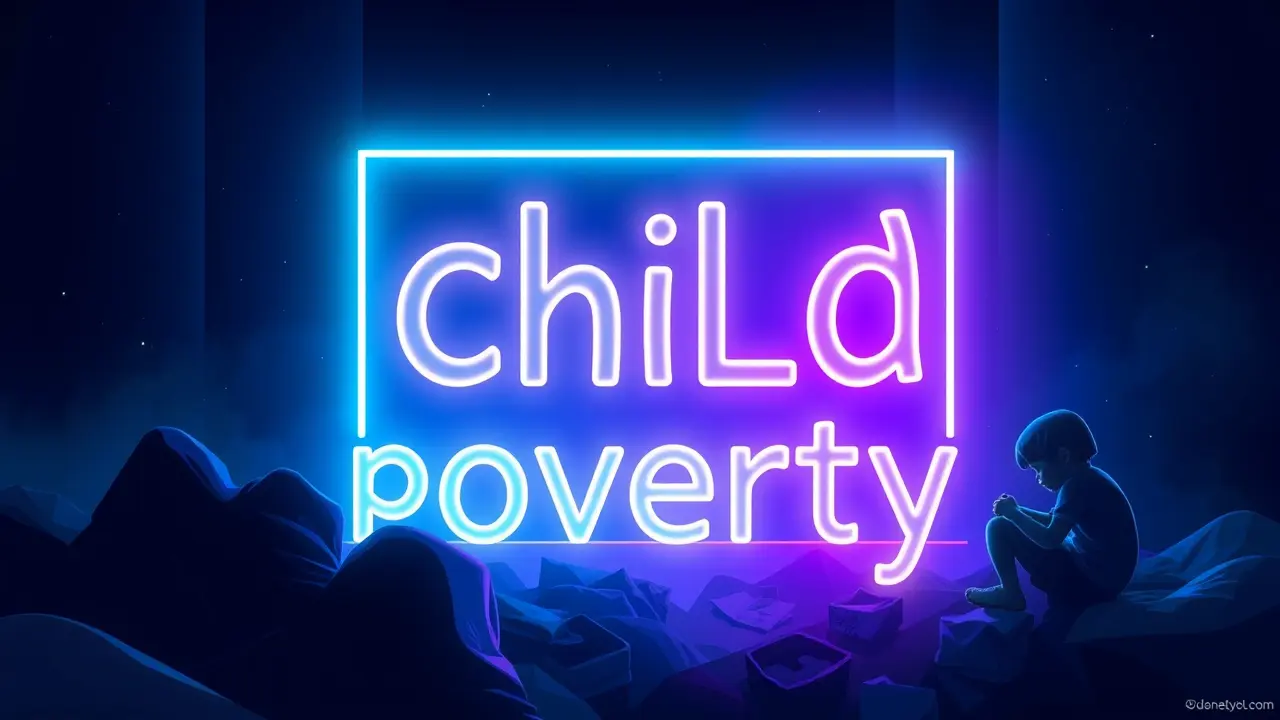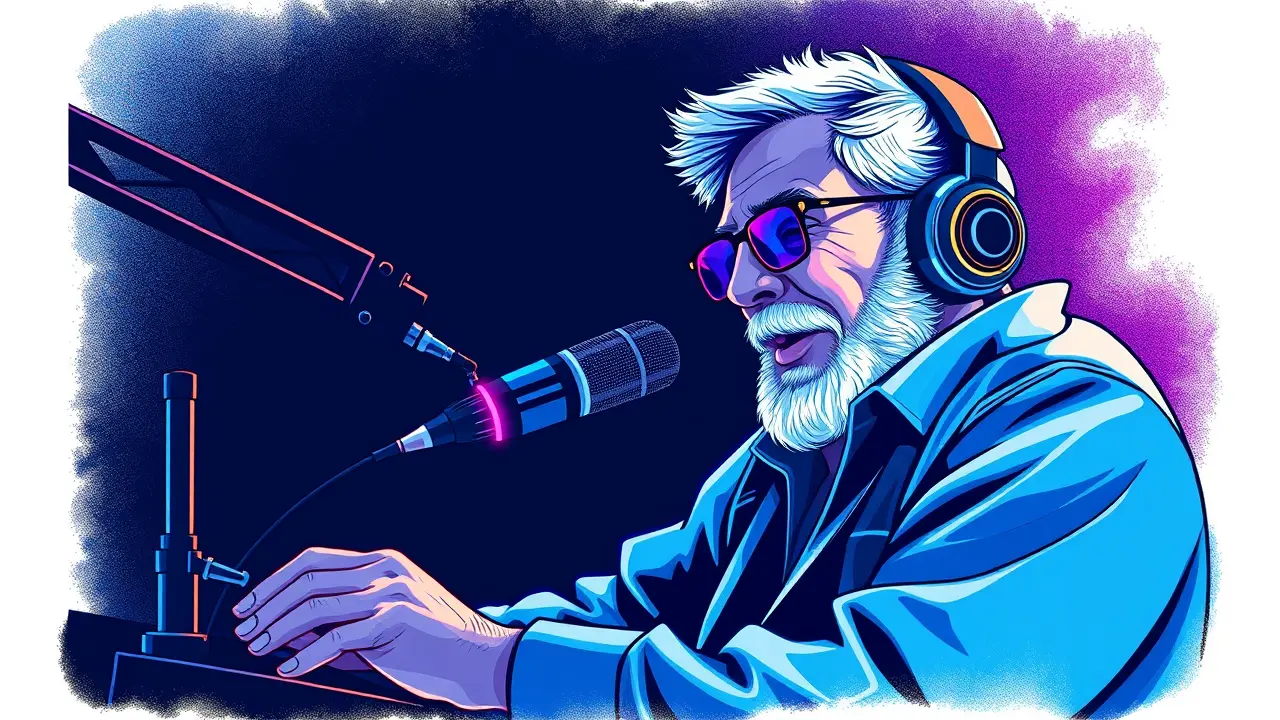
EntertainmentcelebritiesCelebrity News
Persistent Comedy Urban Legends and Conspiracy Theories
JE
Jessica Stone
4 hours ago7 min read1 comments
You'd think that in 2025, with a supercomputer in every pocket, we'd have finally slain the beast of baseless gossip, but the digital age has only given ancient comedy urban legends a terrifying new immortality. The persistent myth that Steve from Blue’s Clues succumbed to a heroin overdose is a perfect case study in this bizarre cultural resilience; it’s a story that should have been fact-checked into oblivion a decade ago, yet it continues to circulate on TikTok and Reddit with the tenacity of a zombie apocalypse.This phenomenon isn't just about one children's show host; it's a sprawling, interconnected web of fan fiction masquerading as truth, where the line between a dark meme and a deeply held conspiracy has been irrevocably blurred. Consider the legendary 'Paul is dead' Beatles hoax from the 60s—a precursor to our modern digital folklore that was spread through painstakingly analyzed album covers and backward-masked audio.Today, the process is exponentially faster and more democratized; a single viral tweet or a creatively edited YouTube 'documentary' can resurrect the long-debunked theory that comedian Andy Kaufman faked his own death, complete with grainy photos and 'expert' testimonials that feel compelling until you realize the 'expert' is a 19-year-old in a basement with too much time and a video editing suite. The psychology is fascinating: these narratives often emerge from a place of collective grief or a desire for a more dramatic, cinematic reality than the often-banal truth provides.The refusal to let go of the myth that Robin Williams' death was part of an elaborate government plot, for instance, speaks to a profound public unwillingness to accept the tragic reality of his struggle with Lewy body dementia; the conspiracy becomes a coping mechanism, a way to reframe a painful loss into a puzzle that can potentially be solved. Pop culture, in its relentless churn, provides the perfect Petri dish.The sitcom *Seinfeld* has its own persistent shadow lore, including the elaborate but entirely fabricated fan theory that the entire show is Jerry’s coma dream following a stand-up gig gone wrong—a theory that gains traction not from evidence, but from its thematic neatness and the human brain's innate desire to find hidden patterns and closure. Platforms like Twitter and Instagram don't just spread these tales; they actively reward them.The algorithm favors engagement, and nothing drives clicks and comments like a controversial 'what if' about a beloved celebrity's secret life or an alleged hidden message in a cartoon. This creates a self-sustaining ecosystem where the most outlandish stories get the most oxygen, while sober corrections from Snopes or the actual individuals involved languish in a quiet corner of the internet.The consequence is a gradual erosion of shared reality, where the curated lore of fandom can sometimes feel more tangible and emotionally resonant than the verified facts. It’s a new kind of entertainment, a participatory mystery where everyone can be a detective, and the stakes feel thrillingly high, even when the subject is a puppet from a 90s kids' show. The real conspiracy, then, isn't that Steve from Blue’s Clues is secretly a tragic junkie; it's that our hyper-connected world has become the most effective machine for manufacturing and perpetuating myth ever conceived, and we're all both its architects and its audience.
#urban legends
#conspiracy theories
#comedy
#Steve from Blue's Clues
#celebrity death hoax
#featured
Stay Informed. Act Smarter.
Get weekly highlights, major headlines, and expert insights — then put your knowledge to work in our live prediction markets.
Related News
© 2025 Outpoll Service LTD. All rights reserved.


